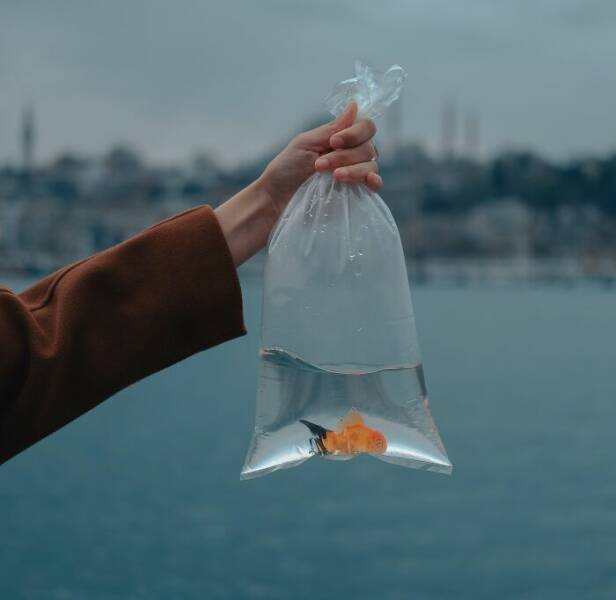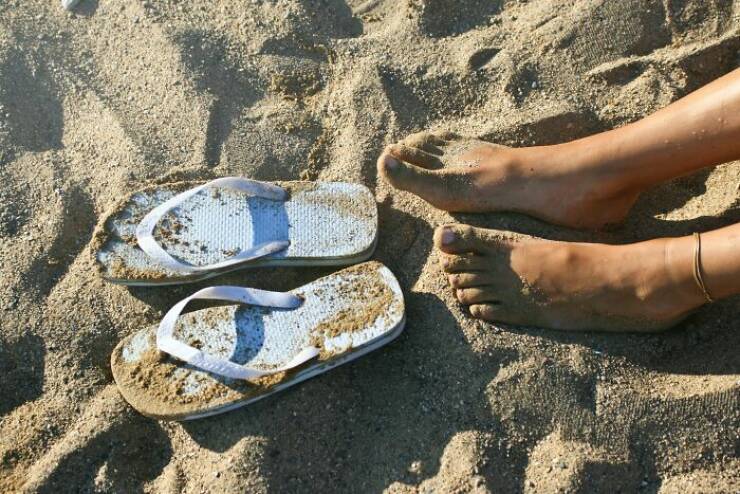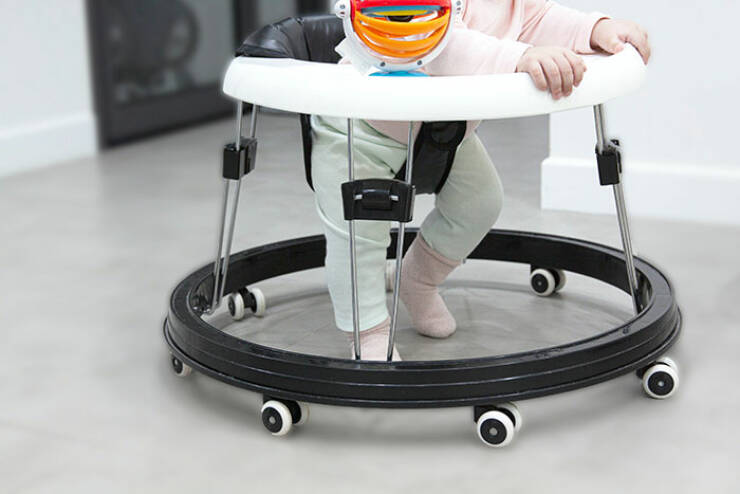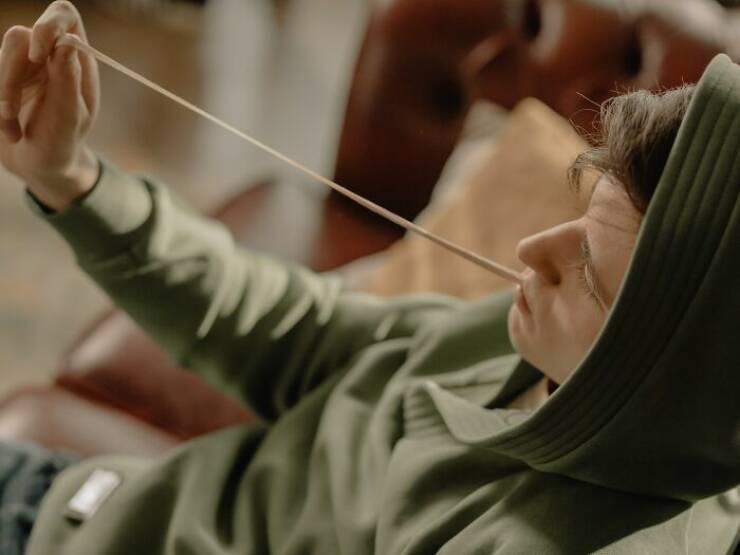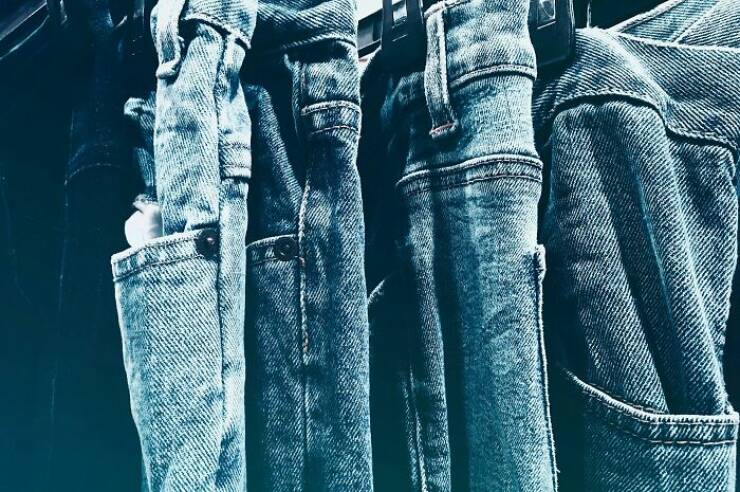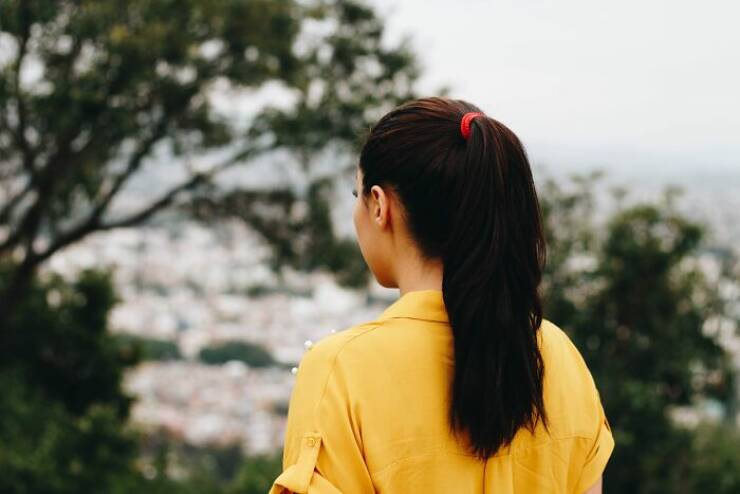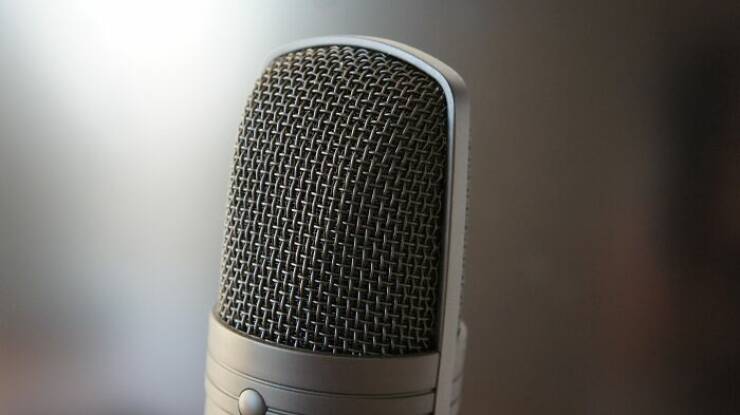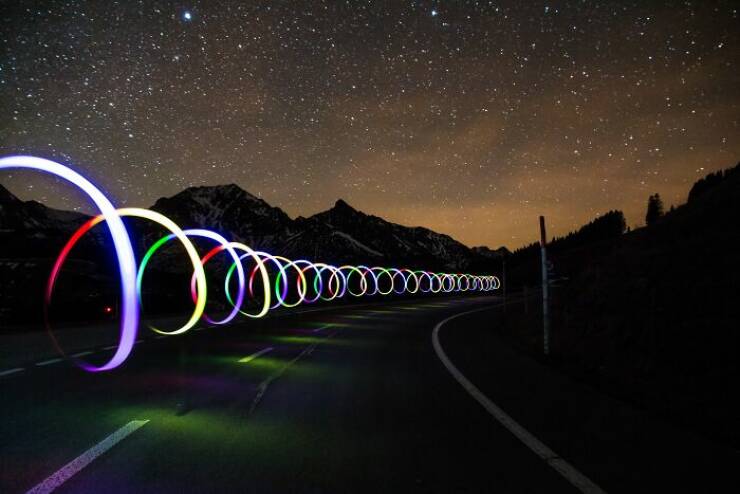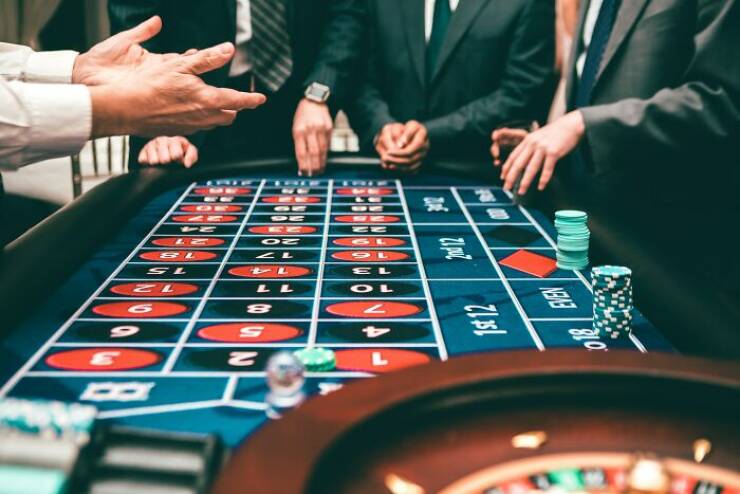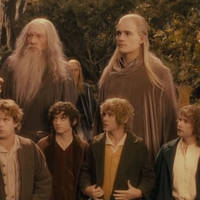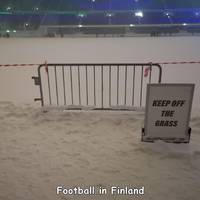High Heels In Historical Sites (Greece)
Since 2009, Greece has outlawed wearing heels at any historical site. Apparently, the pointy heels apply too much pressure to the ground and can chip away at architectural structures.
Goldfish In A Glass Bowl (Rome, Italy)
Although it is legal to own goldfish in Rome, keeping them in a glass bowl is not. It is regarded as harsh since the bowl restricts their oxygen intake and could render them blind.
Flip-Flops (Capri, Italy)
Apparently, flip-flops are prohibited on the Italian island of Capri since they are “excessively noisy,” and residents want to enjoy their “peace and quiet.” Tourists may, however, bring “loud” shoes and wear them in the rest of Italy.
Eating Durian Fruit In Public (Thailand, Japan, Hong Kong, And Singapore)
Although the durian fruit may be a favorite among many Singaporeans and visitors, the government and private sector were obliged to ban it due to its pungent stench. Due to the numerous “No Durian” signs found almost anywhere, travelers to Singapore shouldn’t anticipate seeing durian fruit on the city’s public transportation or in major public areas. Durian has also been outlawed on various forms of public transportation in Thailand, Japan, and Hong Kong.
Baby Walkers (Canada)
In 2004, the Canadian government banned baby walkers to protect kids since they were moving too fast, and parents or caregivers simply couldn’t respond quickly enough.
The Word “Jasmine” And Jasmine Flowers (China)
After the 2011 Chinese pro-democracy protests, also known as the Greater Chinese Democratic Jasmine Revolution, the word “jasmine” was blocked by China Mobile and China Unicom, suggesting that one can’t use the word “jasmine” on the internet in China. According to a report in The New York Times from May 10, 2011, selling jasmine flowers at flower marketplaces had also been prohibited.
Noise (Victoria, Australia)
In Victoria, Australia, residents are prohibited from making any loud noises during set hours, which are Monday to Friday before 7 am and after 8 pm. and on weekends and public holidays before 9 am and after 8 pm.
Chewing Gum (Singapore)
Singapore forbids the import and trading of chewing gum, except for a few varieties allowed for medicinal reasons. The country also takes prohibition very seriously; the importer might face jail time and huge fines.
Blue Jeans (North Korea)
Blue jeans are prohibited in North Korea because they are viewed as a symbol of American imperialism. The same applies to other Western items, such as skinny jeans, lip and nose piercings, and branded T-shirts.
Reincarnation (China)
Since 2017, only with Chinese government approval may Buddhist monks in Tibet undergo reincarnation. Many believe the law was simply implemented to defame the Dalai Lama and lower public opinion of him.
Mullets And Ponytails (Iran)
In 2010, Iran outlawed mullets, ponytails, and long, gelled hair for men but allowed quiffs or floppy fringes in the style of the 1980s. Apparently, the ban included "homosexual" and "devil worshiping" hairstyles, tattoos, sunbed treatments, and plucked eyebrows for males since they are all considered against Islamic law.
Running Out Of Gas In Autobahn (Germany)
Running out of petrol is a big no-no since stopping your car on the Autobahn in Germany is also forbidden. Moreover, walking is not allowed on the Autobahn too.
Anonymous Blogs With Over 3,000 Daily Visitors (Russia)
A regulation limiting social media users was enacted in Russia in 2014. That meant bloggers with more than 3,000 daily readers had to register with the country’s mass media regulator, Roskomnadzor, and follow the rules that apply to the nation’s major media outlets.
Yellow Clothing (Malaysia)
As thousands of protestors in yellow t-shirts stormed the streets of Kuala Lumpur and demanded the resignation of the Prime Minister in 2016, the Malaysian government outlawed wearing yellow clothes. Since then, anyone seen wearing yellow has been subject to arrest on the grounds that they are participating in a protest.
Lip-Syncing (Turkmenistan)
To protect “true culture,” the former president of Turkmenistan banned lip-syncing in 2005. Also, he outlawed opera and ballet, calling them superfluous. According to the former president’s order, lip-syncing isn’t permitted at cultural events, concerts, television, or private gatherings like weddings.
Time Travel Movies And TV Shows (China)
China’s government attempted to limit TV’s “bad” effects out of concern for how it would affect its residents’ perceptions of the world. Hence, in 2011, officials decided to outlaw time travel plots because they were worried about the rising popularity of time travel programs that alter history.
However, the directive from China’s Bureau of Broadcasting issued in 2012 might have been more of a guidance and not strict rules since several movies and TV shows, including time travel plots, have been shown in China since. Filmmakers are still allowed to create TV shows that do not follow the rules, but there may be a long delay before those shows may be broadcast.
In addition to broadcasting, a TV series’ screenplay must be approved by the censorship board. Even if a film or television series is made, it cannot be broadcast or streamed in China if the censorship board does not approve of the plot. Hence, filmmakers often won’t take the chance to produce a movie or television series that likely won’t be shown on the big screen.
Gambling At The Casino, If You Are A Citizen Of Monaco (Monaco)
Monaco residents are not allowed to gamble. Nonetheless, just 8,000 out of the 38,000 population, or around 21%, are citizens. A few publications said it was a moral policy that dates back to the establishment of casinos in the 1850s as to why those 8,000 residents are not allowed to bet.


